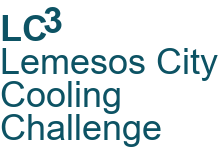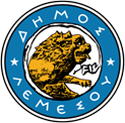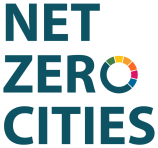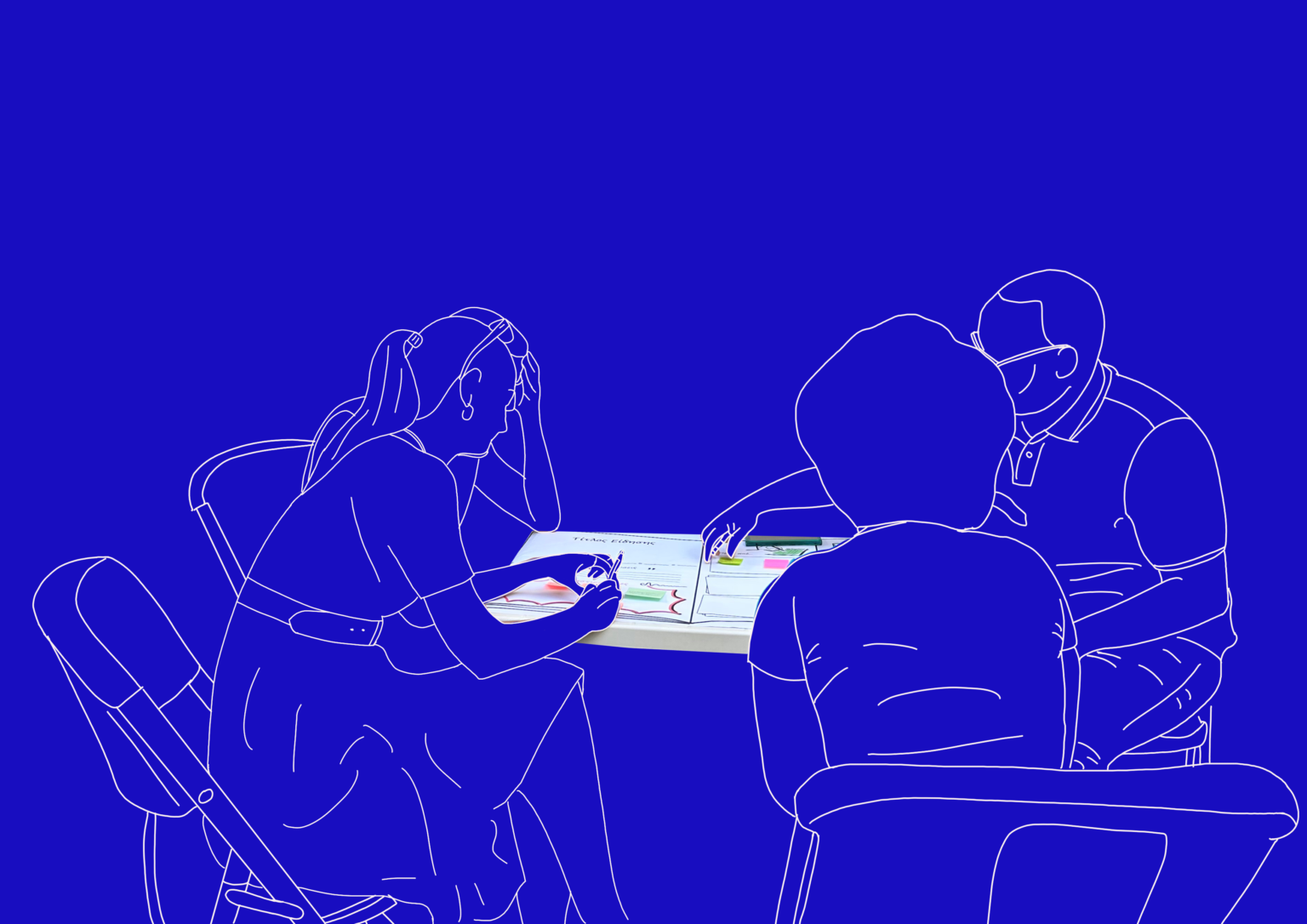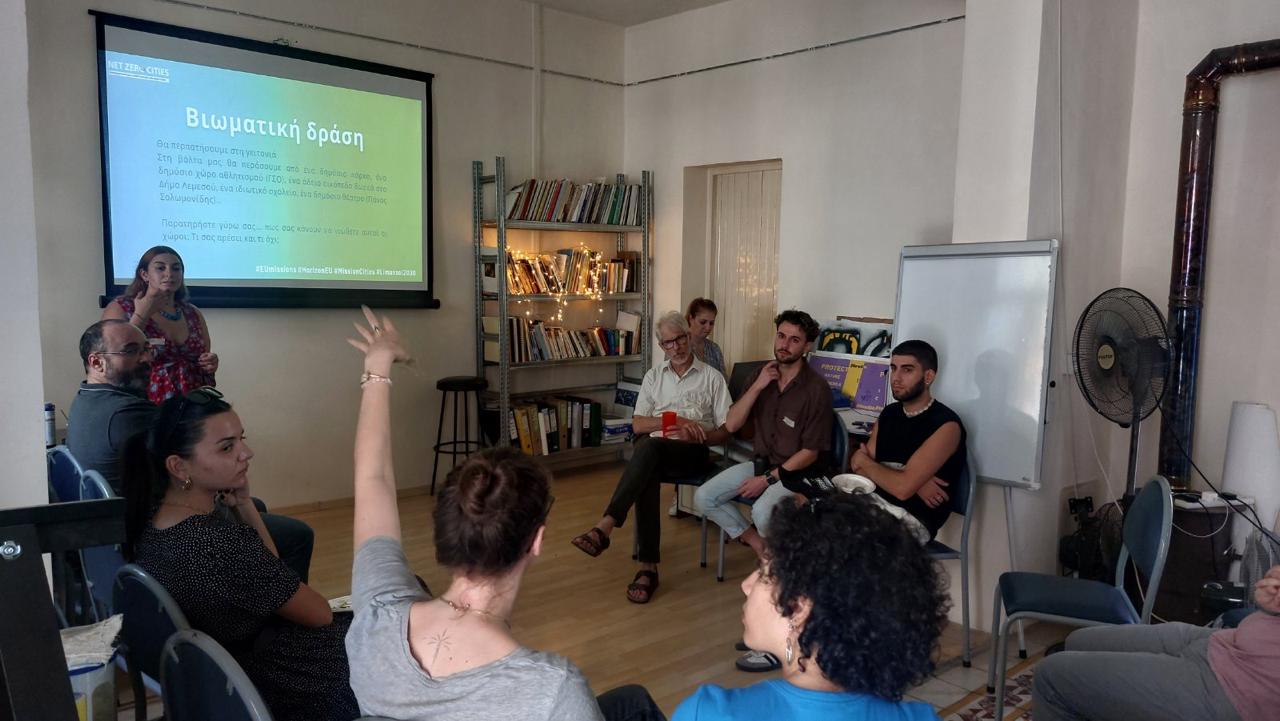
The Lemesos Commons
Around 20 experienced co-workshop participants, randomly selected from various stakeholder co-workshops, will form a heterogeneous stakeholder group, the Lemesos Commons, to review, harmonize, and integrate solutions developed from the homogeneous co-workshops.
(Analyzing a problem first from one point of view by a homogeneous group and then from several points of view by a regrouped heterogeneous team is the well-known jigsaw method.)
The reason for random selection is representativeness. Lemesos Commons members will commit their time for six months and then be replaced by other, also randomly selected, members from the same stakeholder group.
Each month 1/6th of Lemesos Commons members will be changed so that the change in membership is gradual.
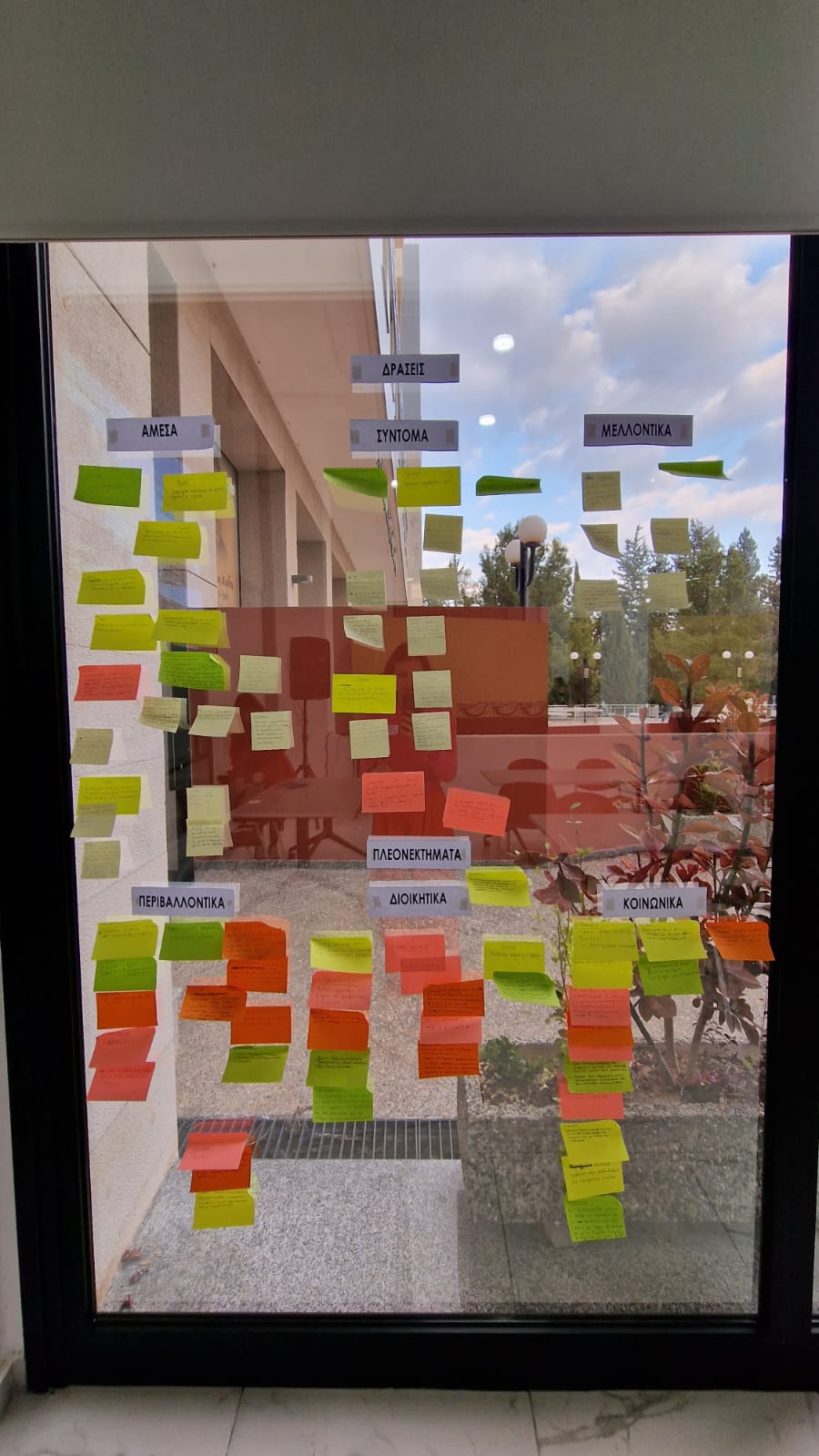
The methodology for initial Lemesos Commons member preparation, physical sessions, synchronous and asynchronous online communication, progress monitoring, outcome evaluation, and transferring learning to the whole Transition arena is similar to those of the Co-workshops.
- An experienced member will act as the Lemesos Commons ‘Speaker’ for 6 months, representing the Commons to the Transition team, the City Council, and the broader society.
- The outcome of the Lemesos Commons will be transition-advancing detailed project proposals that are well thought-out, consider multiple stakeholder concerns, are based on scientific expertise, can be socially monitored, have broad support and deal positively with objections.
- Its authority stems from its members’ social recognition, their institutionalized participation in the governance/monitoring of Transition projects, participation in the City Transition team and the Lemesos NZC 2030 organization advisory board, but mainly it is their expert and referent authority that is important, so that although they have no formal veto power, their collective opinions will be respected.
- Project implementation
- Formulating policies
Their commitment: volunteering two to three hours a month, plus asynchronous online contributions. Their reflective learning will be disseminated throughout the broader society. Former members who have been replaced continue to participate online as "public opinion." The minutes of the consultations are published on-line and are open to everyone to read, as well as verified comments.
